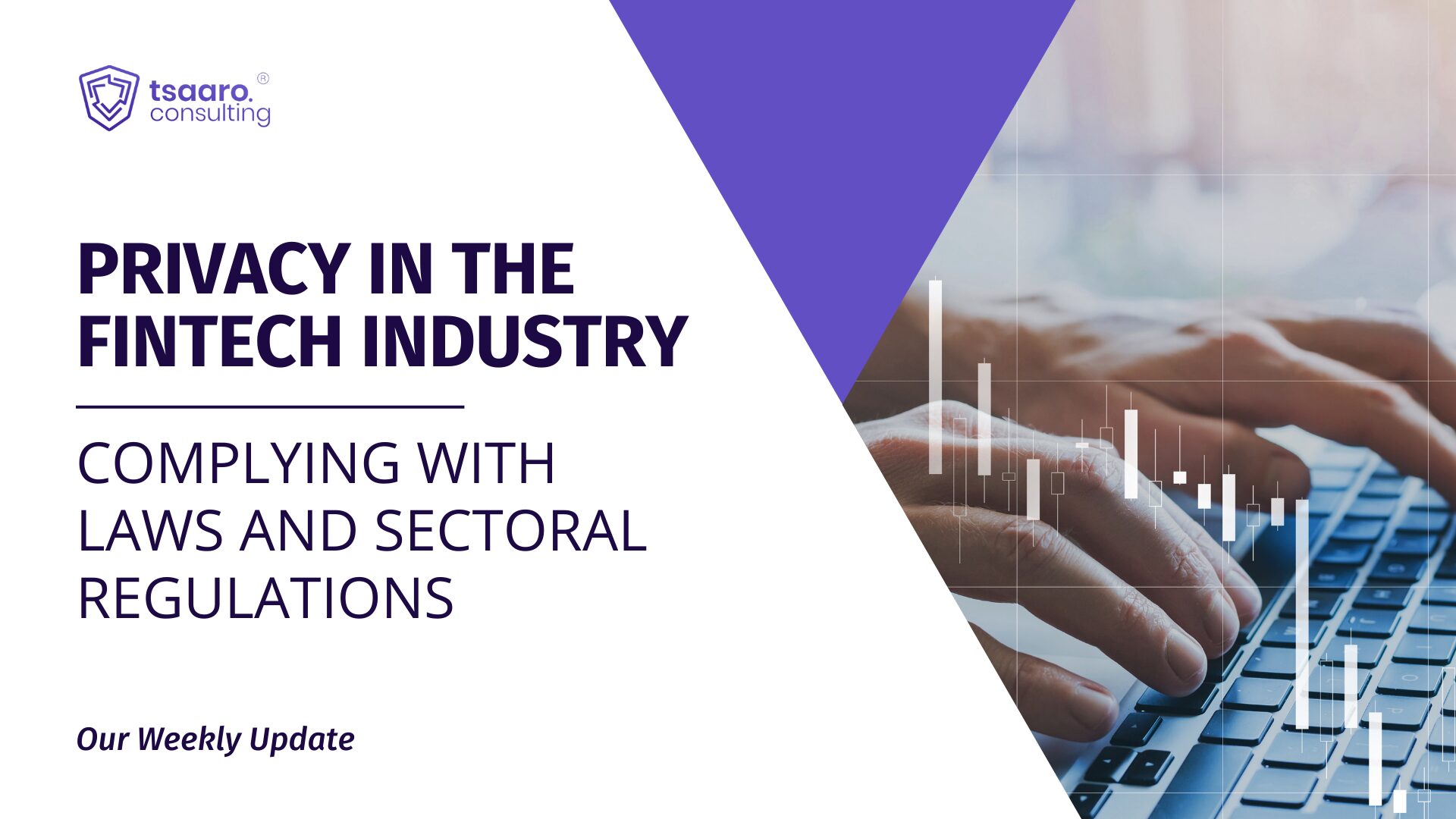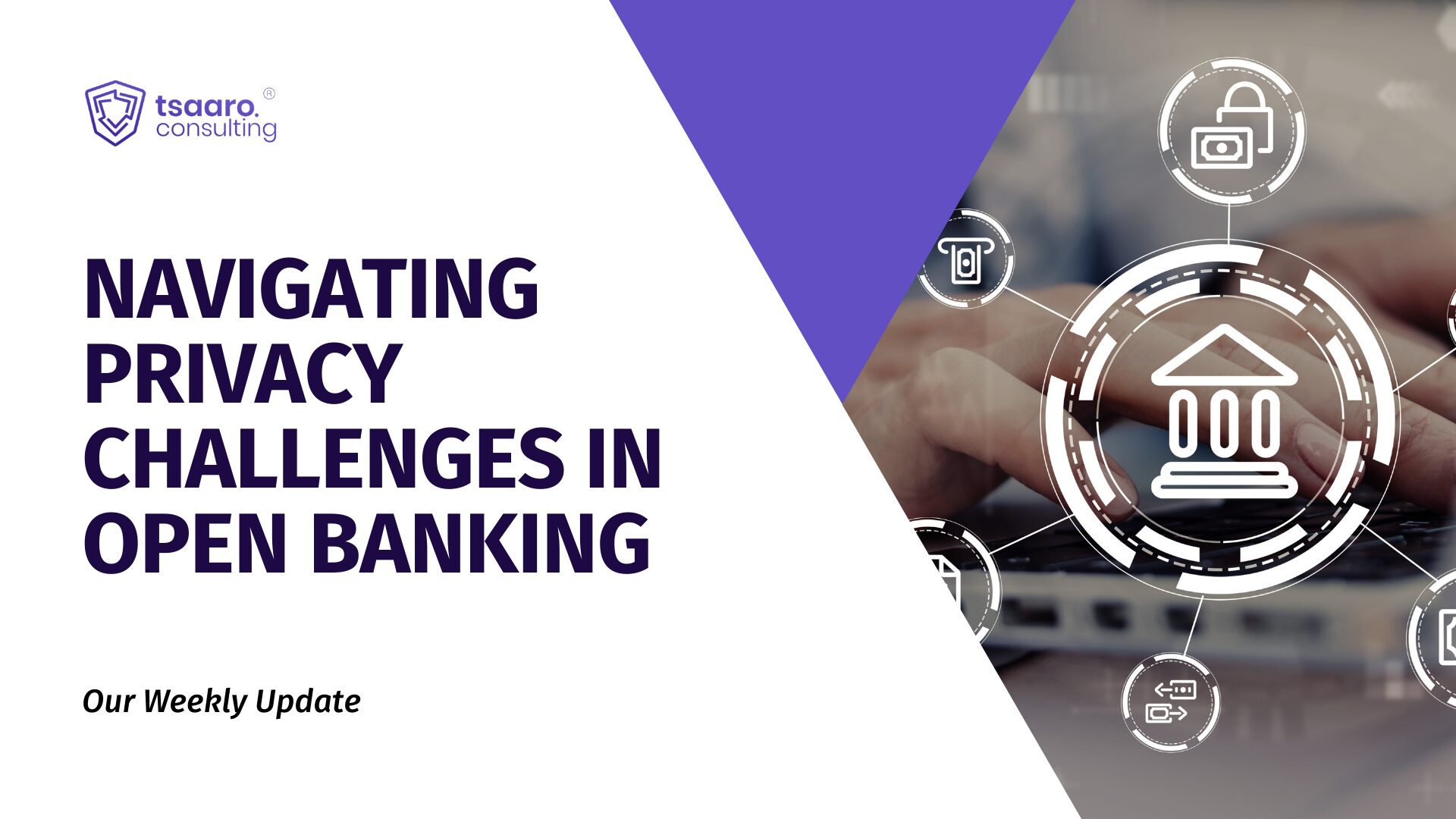FISMA, the Federal Information Security Management Act, is a federal law that the United States Congress passed in 2002.FISMA had made it mandatory for all agencies to develop, record, and include the information security and protection program. It revolved around improving the administration of electronic government documents and processes. This law was revised later in 2014 by the Federal Information Security Modernization Act, also known as FISMA2014. This blog will give you an insight into the requirements, benefits, penalties, and best practices for FISMA.
Requirements for FISMA
To meet the compliances with FISMA, all government agencies, sellers, partners, and contractors had to confirm that the confidential information was being managed well, properly distributed, and received enough protection from security threats. Six points have been incorporated to help get a clear idea about the requirements of FISMA. They are as follows:
- Information System Inventory
All federal agencies and contractors working for the government should keep a list of the information systems used by the organisations. Every organisation should be able to recognise the process between information systems and other systems within the organisation.
- Risk Categorization
Organisations must ensure that the information and information systems are appropriately arranged. It is done to ensure that all the crucial pieces of information and system that use this strategy must get the highest form of security.
- System Security Plan
FISMA wants all agencies to make a security plan that is regularly updated and maintained well. This security plan includes security policies, security controls enacted within the organisation, and a routine for introducing other future controls.
- Security Controls
Agencies are required to implement controls relevant only to the organisation and its systems. After selecting the necessary controls and satisfying the system requirements, the organisations need to record the chosen controls into their security system plan.
- Risk Assessments
One of the essential elements in FISMA’s information security requirements is the Risk Assessments. Risk Assessments help identify the security risks at an organisational level, professional level, and information system level.
- Certification and Accreditation
FISMA has made it necessary for program officials and heads of agencies to conduct an annual security review. It is required to keep all the risks to a limited level. The FISMA Certification and Accreditation (C &A) can be accomplished after going through a four-step process – initiation, step-by-step planning, and certification. Accreditation and monitoring regularly.
Benefits of FISMA
FISMA compliance is well-known for increasing security and keeping federal information safe. It gives numerous benefits by offering protection to national security interests, regular monitoring by giving agencies details of how to keep your security up to date, and eliminating threats on time. Many private firms that conduct business with federal agencies can also benefit from FISMA compliance.
Penalties of FISMA
If none of the companies or agencies meets the compliances set up by FISMA, then they are subjected to receiving various penalties that constitute the following:
- Decrease in federal funding.
- Damage to your reputation.
- Hearings from the government.
- Censure by the Congress.
- No promising contracts in the future.
- No proper cybersecurity infrastructure.
Best Practices of FISMA
Getting a FISMA Compliance is very easy and not difficult at all. Some of the best practices that will help your organisation in meeting all of the requirements for FISMA are given below:
- Organise information as it comes in
It gives you an idea about which security control you should focus on with the most sensitive information or data.
- Encrypting Sensitive Data
Encryption decreases the number of incidents of data breaches.
- Documenting FISMA Compliance
Document the type of work your organisation does to meet the FISMA compliances.
- Staying up to date
Staying up to date with standards of FISMA and guidelines of NIST (National Institute of Science and Technology).
Article by @Samreen Ahamed.












Zaproxy dolore alias impedit expedita quisquam.
Fantastic perspective! I found myself nodding along. For additional info, click here: LEARN MORE. What’s everyone’s take?